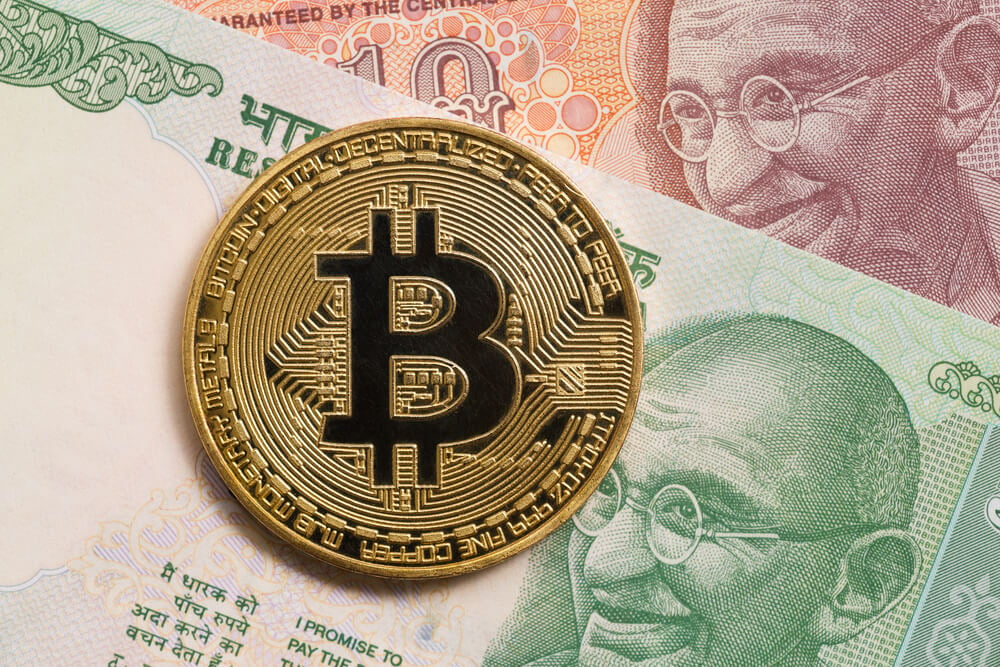India’s Central Bank Did Not Establish Blockchain, Cryptocurrency Unit: Report

The Reserve Bank of India has denied the creation of a new internal unit dedicated to cryptocurrency, blockchain and artificial intelligence (AI) research.
In late August, India’s most-popular financial daily, the Economic Times, reported that the Reserve Bank of India (RBI) had formed a new unit for researching and even regulating disruptive technologies like blockchain. The unit had been operational for a month at the time, the report claimed after citing two anonymous sources purportedly aware of developments at the central bank.
However, in a clear denial of the report, the RBI has refuted the claim altogether by revealing there was no crypto-focused formal unit within the central bank. The central bank was responding to a right to information (RTI) query by Naimish Sanghvi, who runs Indian industry publication Coin Crunch .
This, despite the RBI revealing within days from the original ET report in August that it had formed an ‘inter-departmental group’ to “study and provide guidance on the feasibility to introduce a central bank digital currency (CBDC)”, in its Annual Report 2017-18.
In early 2017, the RBI’s own research arm published a white paper on the merits of blockchain technology for the banking and financial sector domestically. In it, the central bank’s Institute for Development & Research in Banking Technology (IDRBT) – the country’s foremost banking research institute – concluded that blockchain technology had “matured enough” to power the digitization of India’s fiat currency, the rupee.
The embracive stance toward blockchain technology was further underlined by Indian prime minister Narendra Modi, the most powerful official in Indian public office, calling for “rapid adaptation” of the decentralized technology in a speech earlier this year.
While pro-blockchain, Indian authorities continue to adopt a hostile stance toward decentralized, public cryptocurrencies. In April this year, the RBI issued a nation-wide circular mandating all regulated financial institutions – including banks – to cease providing services to businesses in the cryptocurrency sector. The move has dampened robust trading volumes in the country. Last week, the banking ban’s telling impact resulted in the shuttering of Zebpay, one of India’s biggest cryptocurrency exchanges.
“The curb on bank accounts has crippled our, and our customer’s, ability to transact business meaningfully,” Zebpay said on Friday. “At this point, we are unable to find a reasonable way to conduct the cryptocurrency exchange business.”
Featured image from Shutterstock.